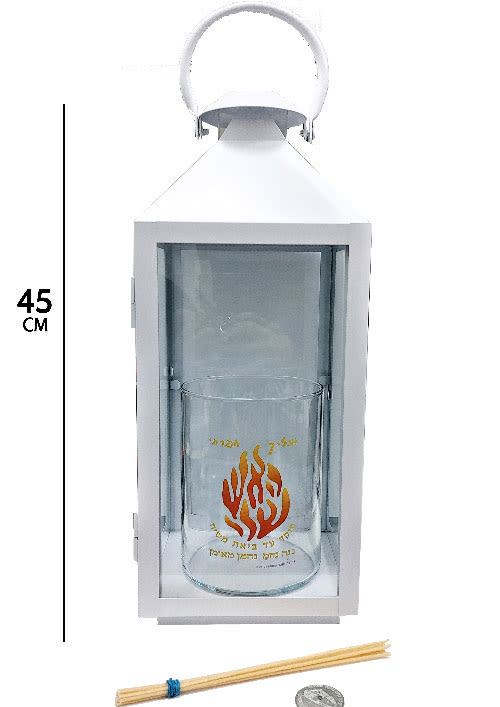
Vayishlach: Grab Whatever You Can!
Oftentimes we get frustrated that we don't accomplish everything that we want, or that we face obstacles that we didn’t expect. Just grab what you can!

Good advice.
We all feel throughout our day and in our lives in general, unsure about something. We want to know: What is the best advice for me in this situation?
In this week’s Torah portion, Yaakov and Esav meet again after many years and Yaakov knows that Esav still hates him and wants to kill him. Yaakov prepares for the encounter: “Then Yaakov sent angels ahead of him to Esav his brother to the land of Seir… The angels returned to Yaakov, saying, ‘We came to your brother, to Esav; moreover, he is heading toward you, and four hundred men are with him.’ Yaakov became very frightened, and it distressed him. So, he divided the people who were with him, and the flocks, cattle, and camels, into two camps. For he said, ‘If Esav comes to one camp and strikes it down, then the remaining camp shall survive” (Bereishit 32:4-9). Yaakov divided his camp into two, so that the other camp, with Yaakov’s family, could flee to safety while his first camp was fighting Esav’s force.
Rabbi Natan explains a very important spiritual lesson that we can learn from Yaakov’s strategy of dividing his camp into two. When we see that it’s hard to obtain complete advice, we should act in any case according to whatever part of the advice we can fulfill. Meaning that a person should try to hold on to whatever he can in his service of Hashem, whatever mitzvah or good deed, even if he’s not able to fulfill it completely.
When he sees that the Evil Inclination is attacking him and overtaking him, it seems to him that he doesn’t have the strength to stand up to it properly. Even if he thinks of different ideas, he is not able to carry them out properly. Therefore, the main advice in this situation is to rely upon the strength of the true tzaddik. Then, whichever path he chooses to walk on, the tzaddik will guide him to find Hashem.
Each of us needs to decide strongly in our heart that we will never retreat completely from serving Hashem. We will never give up and never despair! On the contrary, we should say to ourselves, “I’m standing guard and trying to catch whatever good, whatever mitzvot I can, so that the remaining camp shall survive.”
Rabbi Natan gives an example: When someone wants to learn a lot or spend a lot of time in prayer, and he sees that it’s hard for him to bring his will to fruition, nevertheless he should be strong-willed that no matter what happens, he will try to grab whatever good he can grab in his life. He will make every effort, with all his strength, to grab onto whatever he can every day of his life. Even if he can’t pray properly, nonetheless he should say a small prayer or supplication, and work to increase his desire to serve Hashem. He should cry out to God, ask God to save him and help him pray properly with intention.
Rabbi Natan concludes that this principle is true in every area of life where we want to do something good and we’re prevented from doing it, or it seems that it’s too hard for us to accomplish (Likutei Halachot, Laws of the New Month, 7th teaching).
For many people in this ‘instant generation,’ being able to do whatever I want to do or purchase whatever I desire in an instant has become a built-in expectation. This expectation can cause us a lot of frustration when we are met with obstacles to obtaining our desire. Rabbi Natan teaches us here a completely different perspective: Grab whatever good we can in the moment, even if it’s not perfect.
***
Republished with permission from breslov.blog.











